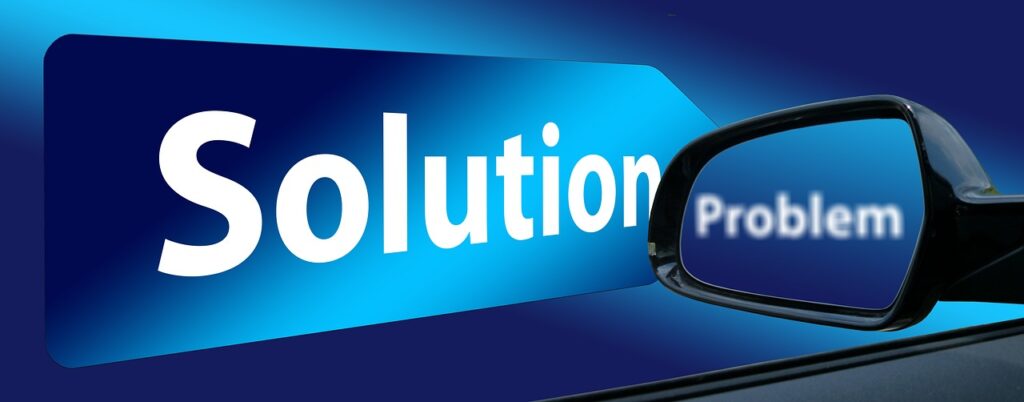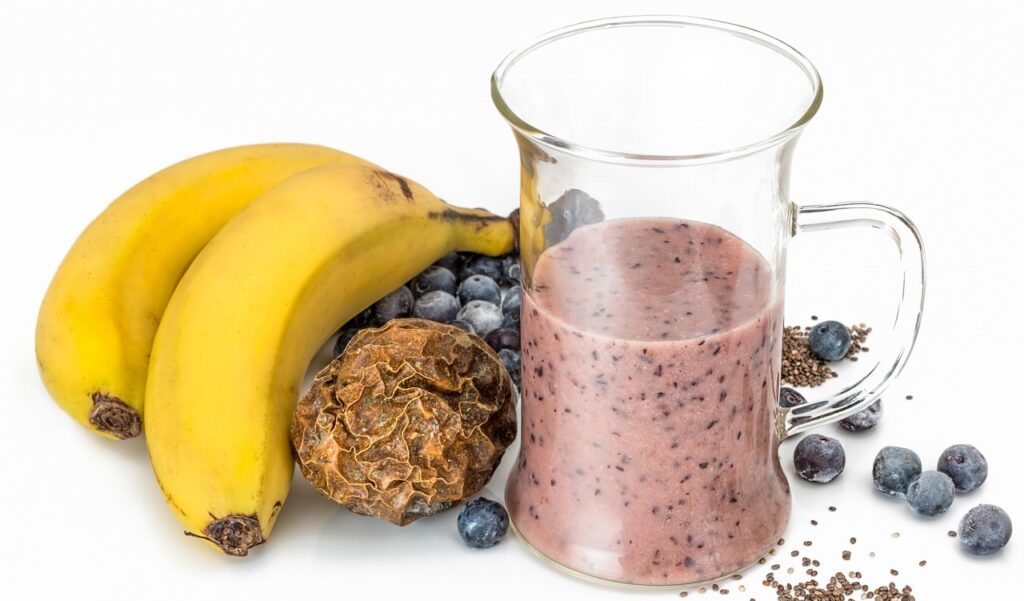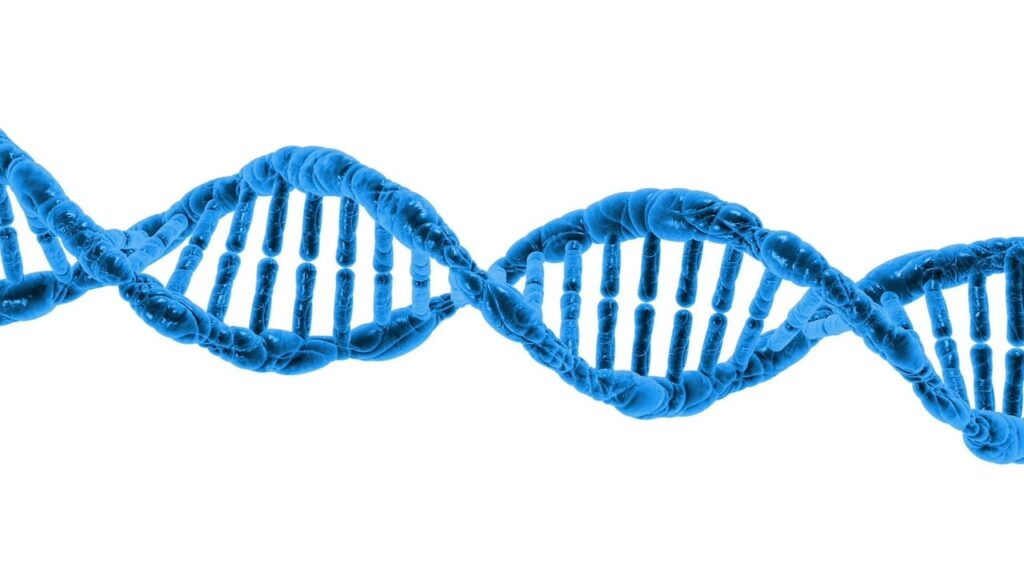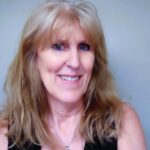
Journey to Recovery:
Insights and Actions Post-Breast Cancer
One day, I woke up like any other, unaware that my life was about to change. I had a routine mammogram scheduled, and there was no reason to think anything was wrong. There were no signs—at least, nothing I could detect.
Much to my surprise, the radiologist found something suspicious that needed further investigation.
A flood of thoughts raced through my mind. What? How? Really? In that moment, I didn’t feel grateful—far from it. But as time passed, I grew to deeply appreciate the radiologist’s intuitive ability to spot what could have easily been overlooked. It wasn’t an obvious lump. He explained to me that it was an area that looked like something was being pulled toward it. That’s how elusive lobular breast cancer can be.
The hardest, most devastating day came when I received the biopsy results: invasive lobular cancer. Seeing those words felt surreal. I was in shock, unsure of what to do next. I just stared at my computer, then walked to the kitchen, washed a few dishes, grabbed some grapes, and returned to my desk—trying to process the reality of it all.

Being a naturally solution-oriented person, I immediately dove into learning everything I could about my diagnosis. I dissected that report and researched every detail, which not only helped me understand my condition better but also empowered me to ask informed questions during my appointments.
Anyone who has faced breast cancer—or any type of cancer—knows that the initial diagnosis is just the beginning. Once malignancy is confirmed, it triggers a series of events involving surgery, chemotherapy, radiation, or a combination of treatments. Fortunately, I didn’t need chemotherapy, but surgery and radiation took a significant toll on my body and overall well-being. It was an incredibly tough period.
However, my drive to understand what was happening in my body and to learn how to prevent a recurrence has never wavered. Nearly two years later, I’ve gained so much knowledge, and for that, I’m truly grateful.
Here are a few key lessons I’ve learned from this experience:
The Importance of Managing Sugar Intake

Sweets aren’t just found in candy and pastries—things I didn’t really eat much of as an adult. What’s surprising is how much sugar sneaks into your diet when you start paying attention. Have you ever checked the labels on packaged foods or drinks that are marketed as “healthy”? It’s pretty eye-opening!
I never gave much thought to sugar. I’ve never struggled with weight, and if I wanted dessert, I’d usually go for fresh fruit over cake or pie. I thought I was doing well, but once I started paying closer attention to my sugar intake, I was shocked at how much I was actually consuming. The recommended daily allowance (RDA) for added sugar for women is just six teaspoons. I had never even considered what that limit was before.
While studies are mixed on whether sugar directly causes breast cancer, I’ve chosen to be cautious and limit the amount of added sugar in my diet. According to WebMD, sugar can spike blood sugar and insulin levels, which aren’t beneficial for overall health—and my goal is to optimize my well-being.
The Crucial Role of Fiber in Boosting Health

Several months after completing radiation therapy, I started working with a Nutrition Consultant who, like me, is also a breast cancer survivor. She emphasized the importance of fiber and suggested increasing my intake, explaining that fiber helps eliminate toxins from the body, including excess estrogen, preventing it from being reabsorbed.
This dietary shift has introduced me to foods I never used to eat, and it’s been a learning experience finding fiber-rich options. For overall health and wellness, getting enough fiber has become a critical part of my routine. Since I believe it helps my body eliminate excess estrogen—which is definitely not my friend—I make it a priority most days.
Epigenetics Is Not Just Genetic Testing

Before my surgery to remove the tumor, I was offered the option of genetic testing. Naturally, I said yes—I wanted to know if my breast cancer might be hereditary. Could I attribute it to my genes? I wasn’t exactly sure how it would affect my prognosis or recovery, but it felt important for making decisions about the surgery at the time.
The results from my Invitae test came back normal, meaning I wasn’t predisposed to the conditions or diseases it screened for. Later, I learned that most breast cancer cases aren’t hereditary. Still, in the back of my mind, I knew that didn’t necessarily mean there wasn’t something in my body that could have triggered the cancer. It wasn’t about placing blame; it was about gaining awareness.
Over a year later, I began working with a Functional Health Practitioner who recommended I take the Nutrition Genome test—a different type of DNA test. This turned out to be one of the most valuable tests I’ve ever done. It uncovered several key insights, including the fact that I have a gene that slows down or inhibits estrogen detoxification. The report also provided dietary guidance to help prevent the potential negative effects of that gene’s expression.
Why Conventional Medicine Wasn’t Enough

Conventional medicine absolutely has its place, and I’ll never suggest that it isn’t necessary. I wouldn’t want to think I could do without it, or that there’s something “better.” The issue I have with it is that it’s usually reactive, focusing on treating diseases or conditions after they’ve already appeared. Personally, that’s not the approach I want to rely on.
As much as possible, I want to prevent what I can. I want to understand my body and what it needs to function optimally. Over the years, I’ve gained a deep respect for functional and integrative medicine, as well as alternative health approaches that focus on prevention and whole-body wellness. I’m truly grateful for the practitioners I’ve worked with who are dedicated to helping me optimize my health.

Lauri Wakefield is the creator of the Inspiring Journeys podcast and the visionary behind Inspired Living for Women. With a passion for empowering women to lead fulfilling lives, Lauri combines insightful storytelling with practical wisdom to inspire and motivate her audience.
